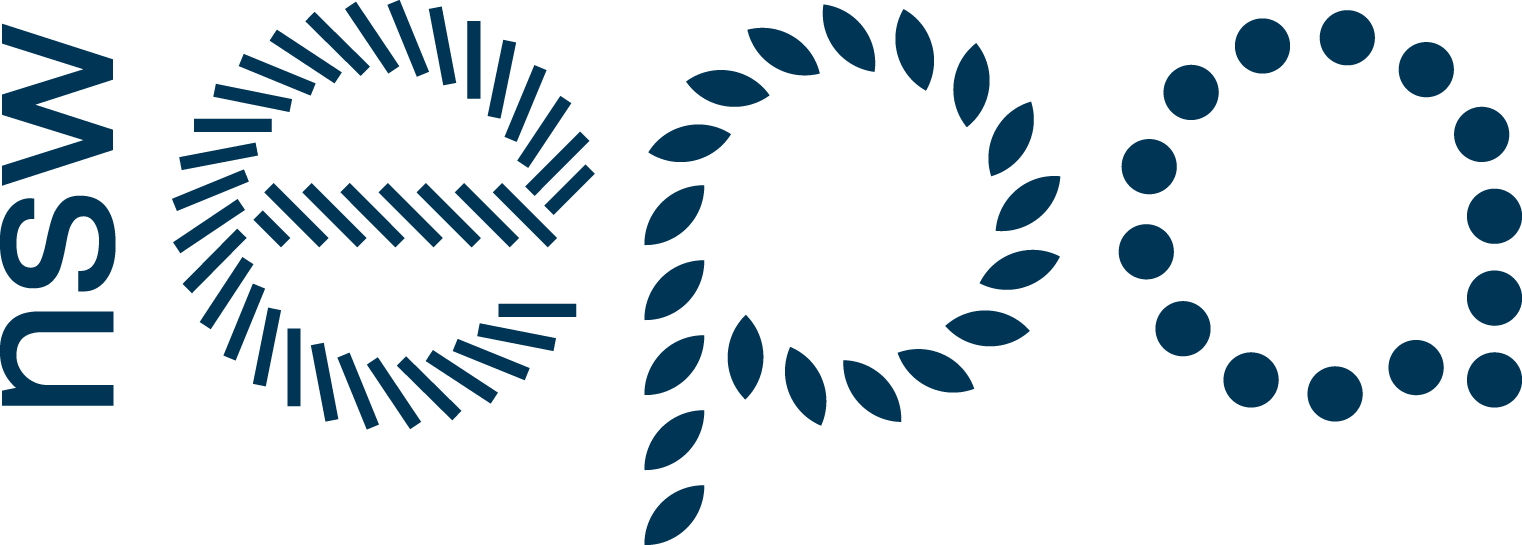World’s biggest ocean clean-up project reaches new heights
By Liam Taylor 12 September 2023
New technology is being deployed as part of efforts to tackle the collection of marine trash in the Pacific Ocean known as the Great Pacific Garbage Patch.
The Ocean Cleanup organisation reached a significant milestone last week with the deployment of System 03, their latest technology aimed at tackling the issue of plastic pollution in the Great Pacific Garbage Patch. This system is nearly three times larger than ‘Jenny’, the second iteration of the group’s ocean cleaning device, which was itself capable of removing thousands of kilos of ocean waste per trip.
System 03 is a part of The Ocean Cleanup's broader mission, led by CEO Boyan Slat, to remove at least 90% of plastic trash from the world's oceans by 2040. The organisation's strategy involves making their systems more efficient and cost-effective over time and directly led to the development of System 03, which has the capacity to clean an area equivalent to a football field every five seconds.
System 03 - or Josh - has performed its first plastic extraction in the GPGP - the first of many to come!
— The Ocean Cleanup (@TheOceanCleanup) September 8, 2023
A promising start - more extractions coming soon as we optimize and test System 03 on its maiden trip. pic.twitter.com/9ogN920gHk
“By making System 03 so much bigger than our previous efforts (alongside the multiple upgrades we’ve implemented) we can cover a much larger area of ocean in less time and using fewer resources,” the organisation explains in a guide to System 03.
“This brings down our cost per kilogram of plastic removed and maximizes our benefit on the marine environment.”
System 03 consists of a floating barrier approximately 1.4 miles (2.2 km) long, which is towed at a slow speed between two vessels. Below the surface of the water, a screen extends 13 feet (4 meters) deep, where most floating plastic accumulates. The technology is designed to capture plastic waste efficiently and prevent it from further polluting the oceans. System 03 also includes a Marine Animal Safety Hatch equipped with underwater cameras, ensuring that marine life can exit the plastic Retention Zone safely.
Another notable aspect of The Ocean Cleanup's approach that has not changed from previous efforts is their commitment to recycling as much of the ocean plastic they collect as possible. Onboard crews sort the retrieved plastic to ensure it can be used for sustainable new products, including sunglasses and . Recently, the group partnered with Kia to incorporate salvaged plastic into their electric vehicles, demonstrating a practical environmental application.
In addition to ocean cleanup efforts, The Ocean Cleanup is addressing plastic pollution at its source by targeting the world's most littered rivers. They have developed solar-powered barges called Interceptors, which can efficiently collect plastic river debris. These machines are capable of extracting up to 100,000 kilograms of trash per day.
Their Interceptor technology has been deployed in various locations, including Indonesia, Malaysia, the Dominican Republic, Vietnam, Jamaica, and Los Angeles. It has supported Indonesia's ambitious goal to reduce plastic litter in its waterways by 70% within three years.
Planet Ark does not take responsibility for the accuracy of the original information and encourages readers to check the references before using this information for their own purposes.
Prior to joining Planet Ark Liam spent his time studying global environmental issues, travelling Southeast Asia on the cheap and working for a sustainable property management company in Bali, Indonesia. Joining the communications team at Planet Ark, he hopes to inspire positive environmental behaviour through effective and positive messaging.

